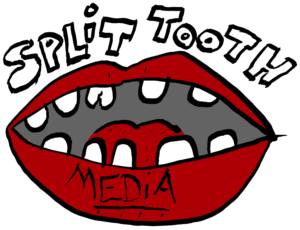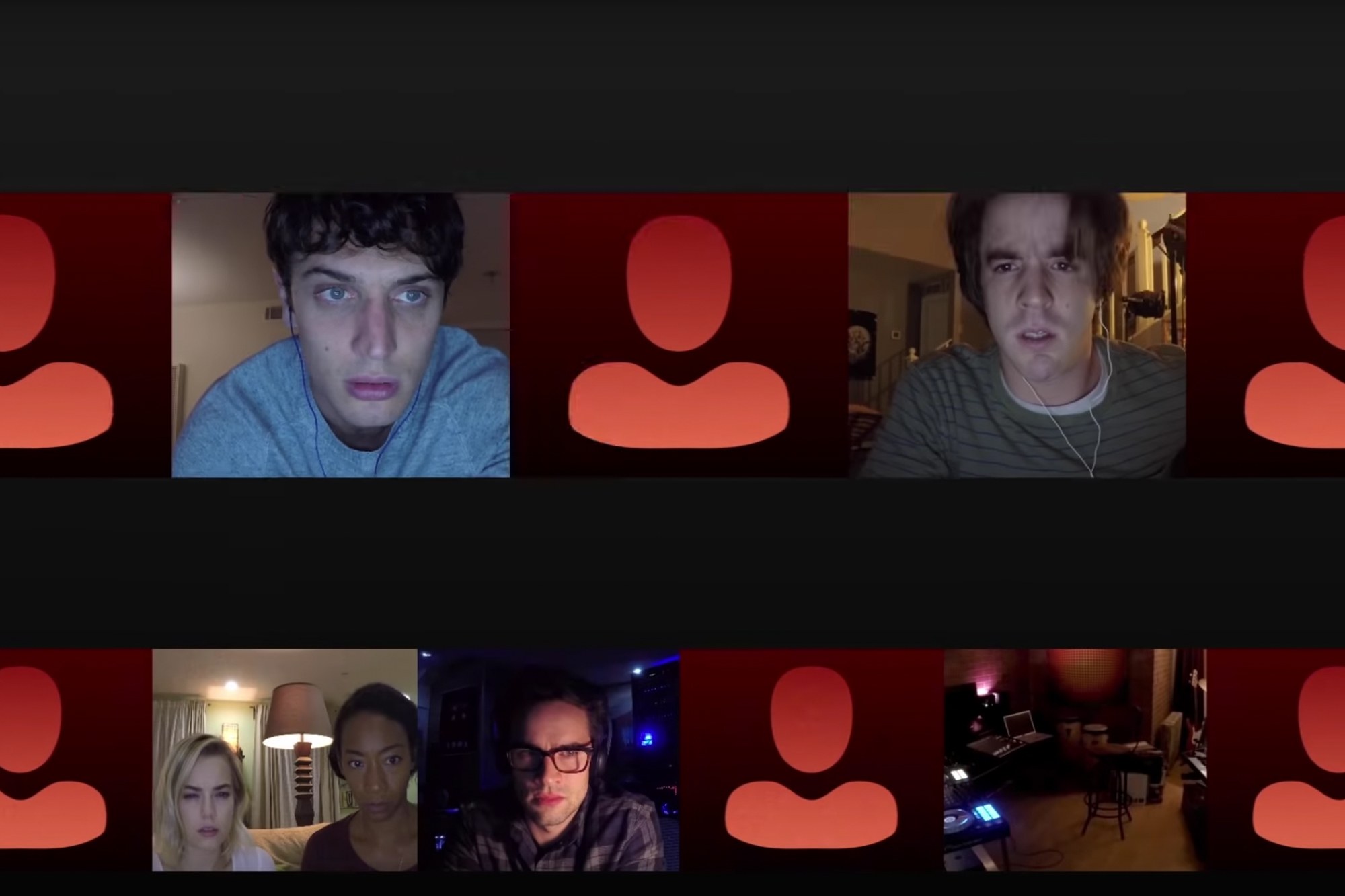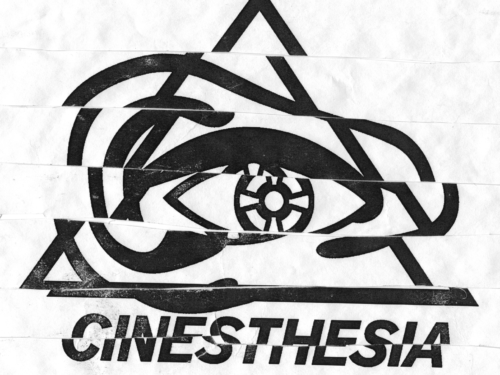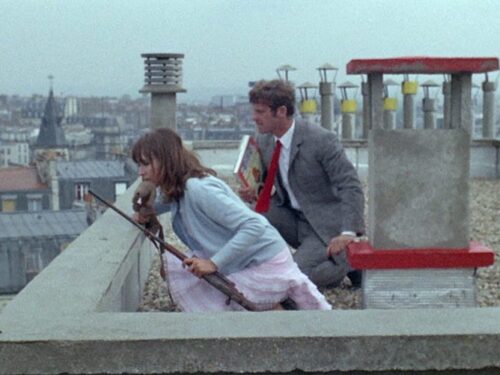Easily the best “screenlife” film, Dark Web is a convincing argument for the appeal of watching movies on the computer
I love movies, but I hate the big screen.
I’m not talking about the movie theater experience. I love that. No amount of unruly teens, chatty seniors, dim projection, or blinding iPhone light could ever get me to swear off shelling out too much money to see the latest slop as big and as loud as possible. So far, mid-COVID moviegoing has provided for at least as many disappointments as thrills. It’s meant a reunion with all the above annoyances as well as several encounters with a new nemesis: Free Guy. None of that has discouraged me or dampened my affection for either the multiplex or the arthouse. I can’t imagine spending another year-plus separated from big sodas and big screens.
When I say I hate the big screen, I’m talking about the screens you used to see arrayed across Best Buy walls, the kind everyone always insists can beat the real thing at its own game. These days, projectors lay claim to a growing sector of the at-home viewing world thanks in part to vocal acolytes. With projectors, screens have grown bigger than ever, limited only by the size of the walls they’re aimed at. They present the closest approximation of theatrical viewing yet, an optimal method for living room screenings. Or so they’d have you think!
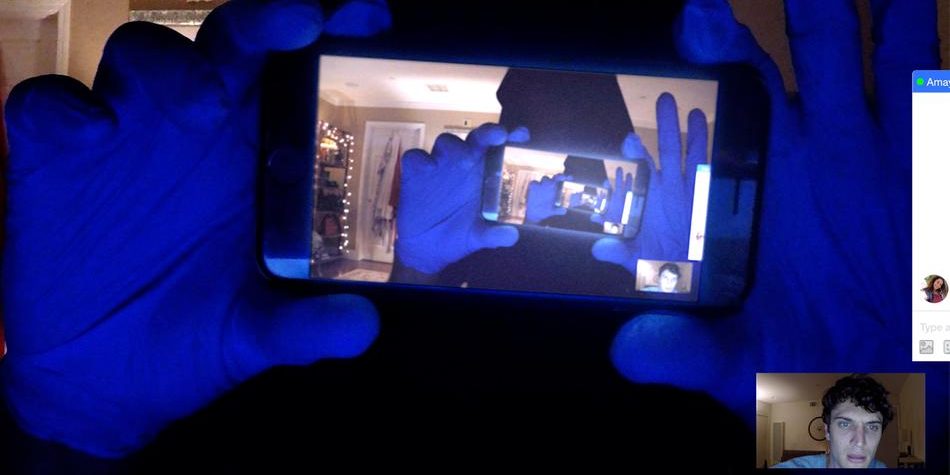
Theatrical viewing doesn’t trump all other forms because of the size of the images or the volume of the sounds. It retains its special appeal because of the immersion it promises. When you’re seated in the front row (or anywhere close) even a subpar movie overwhelms the senses and compels you to exist squarely within its limits. All but the best at-home viewing arrangements thwart any attempts at achieving anything like this kind of envelopment. However big and expensive your screen or speakers, the freedom to text at will, the intrusion of outside lights and sounds, and the need for intermittent volume adjustments all continually break the illusion. They defeat the purpose of buying all that equipment and fiddling with all those settings in the first place.
Whatever David Lynch says, you’ll never (not “in a trillion years”) find a television or projector that beats a computer or, that’s right, even a phone for watching (or, in Lynch’s words, “experiencing”) movies at home. Nothing comes closer to sitting front and center at the ol’ AMC than lying on the couch with my phone held just in front of my face or scooting my swivel chair as close as possible to my computer, connecting my headphones, and hitting full screen. It serves up the perfect combination of theatrical immersion and at-home comfort. Best of all, desktop viewing effectively makes immersion a customizable setting, like brightness or volume. I can let the film dominate the screen or relegate it to the background and go about whatever else I might be doing. It suits any film and makes a select few infinitely more compelling. No film better evidences the unique pleasures of watching a movie at your desk or benefits more from this arrangement than Unfriended: Dark Web (2018). Stephen Susco’s directorial debut (and sole feature to date) also happens to be an epochal horror film. Maybe those who disagree just haven’t seen it properly.
Undoubtedly the cream of the screenlife crop, Dark Web is practically incomprehensible under most at-home viewing conditions. I have my doubts about how it’d play in a theater too. Unless you’re sitting particularly close to a particularly large screen, you’ll not only miss the details of Dark Web’s digital mise en scene — passwords, file names, headlines, etc. — but could also wind up blinking and missing plot details as they’re doled out via text and direct message. Dark Web practically demands that viewers meet its characters through their chosen medium. As a result, it’s a uniquely participatory film, inviting and implicating the viewer like very few others.
Horror films always play well with crowds. The best, however, not only succeed under solitary viewing conditions, but make the viewer, wherever they are and whoever they’re with, feel isolated in their fright even as they’re engaged with the events on screen. These are the films that feature much more than cheap crowd work. Beyond inspiring viewers to lean in closer or shout at characters in vain, they actually make you wish you could intervene before ultimately throwing that foolish hope back at you. Thanks to the screenlife conventions it helped codify, Dark Web brings desktop viewers unusually, painfully close to the action. Watching minutes tick away in real time, messages percolate in characters’ minds, and realizations occur in close up, you feel surprisingly connected to people who are as thinly and stereotypically sketched as any slasher victims before them. Lending a hand feels as simple as sending a quick message. Their terror feels so real and so near that you ache to hit X before you’re forced to see how it ends.
Dark Web was impressive in 2018 and stood out from its “elevated” competition thanks to its remarkable timeliness and inventiveness. Rather than letting period trappings stand in for prestige bonafides, Susco chose an unadorned contemporary setting. Instead of aping Carpenter’s stalking steadicam or Kubrick’s immaculate static compositions, he chose to fearlessly innovate within an emerging cinematic form. His work hits even harder at a time when video calls are inescapable and paranoia defines discourse in every sphere. Daily life was already suffused with screens when Dark Web hit theaters and the internet’s promise had long ago curdled into menace. Though it may not have looked possible back then — Susco certainly couldn’t have predicted our nation’s deadliest pandemic — things have gotten immeasurably worse in both respects throughout the last three years.
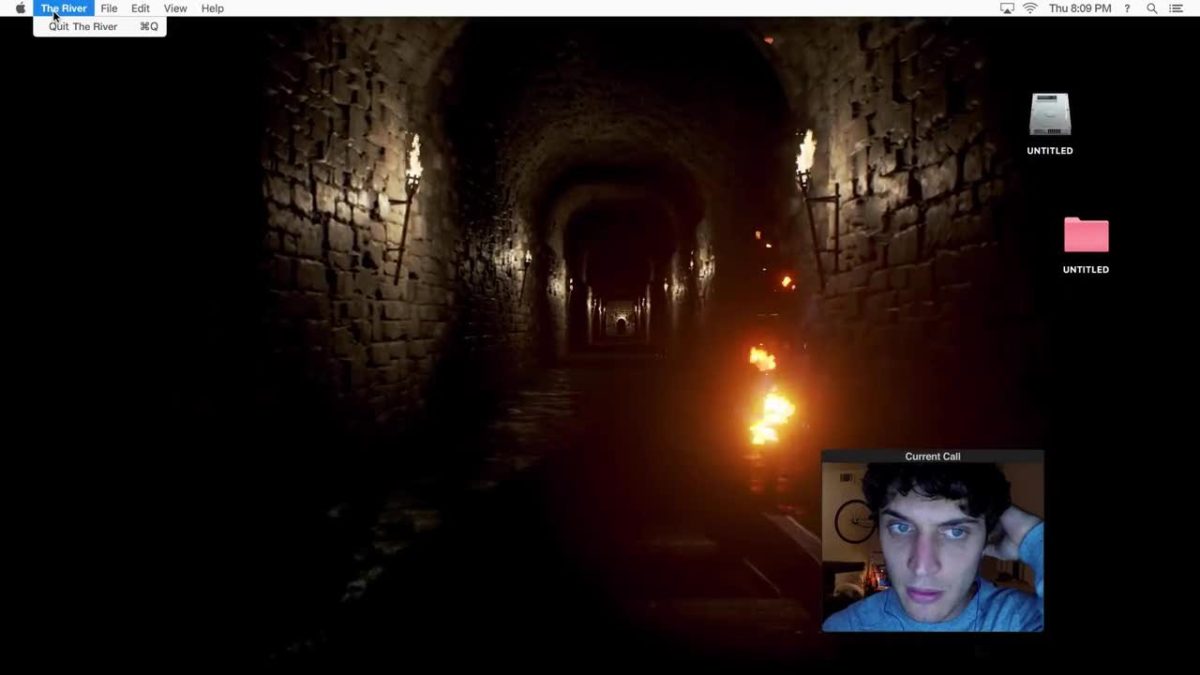
Screens serve a new role in 2021; they’re a necessary evil in a very literal sense. Throughout months of isolation, video chat software was essential. It kept businesses running and offered a respite for friends and family members separated by COVID-19. Despite the availability of vaccines and the ongoing reopening of the country, Zoom, Skype, and the like remain a fixture of personal and professional life. For the at-home workforce, the mute button has become as familiar a daily concern as the facemask. That’s not to mention the role screens and social media have played in spreading misinformation, fomenting disputes, and imbuing life with an inescapable sense of impending doom. Dark Web’s impossibly bleak ending looks more plausible than ever in 2021. A film that looked like one of its decade’s best horror films in 2018 looks like one of the all-time greats today.
Matias (Colin Woodell) opens Dark Web by logging into a laptop. That he’s forced to guess at the password suggests it found its way into his hands recently and through dubious means. Stealing the computer, it turns out, was at least a halfway noble move. Lovesick Matias hopes a new Macbook will help him complete a major project: Papaya, a software that translates audio into American Sign Language via short video clips. His hearing-impaired girlfriend, Amaya (Stephanie Nogueras), is less than impressed. She’d rather he commit to attending ASL classes than introduce a new technological buffer between them. Watching Matias navigate these buffers, managing several apps and conversations at once, provides for nearly an hour of propulsive drama.
For much of Dark Web’s first two acts, Susco employs suspense-generating techniques that should look familiar to anyone who’s ever used the apps featured on screen and downright mortifying to those who’ve come to rely on them for work or socializing. Rapid messages, unexpected calls, glitches, and crashes — they’re elemental aspects of screenlife employed expertly here. The film’s written “dialogue” often flashes by at a screwball pace, though its effect is more simmering than effervescent. When the ping of Facebook notifications gets faster and faster and Matias’ inbox fills with angry messages, it escalates the intensity of the proceedings while calling to mind any number of petty online spats or anxious pandemic workdays. Digital artifacting and sudden cuts to black offer more all-too-familiar frights and allow for jump scares even in the absence of cuts and camera moves.
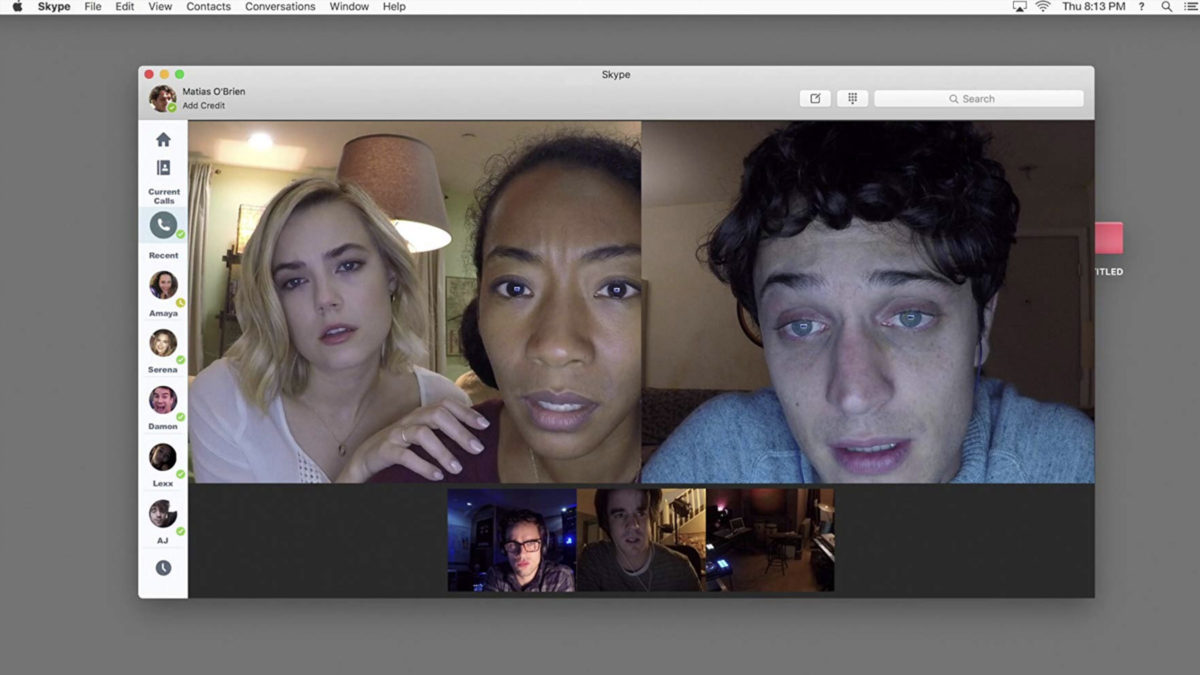
Before Dark Web evolves into a remarkably inventive screenlife slasher, it functions something like an acting exercise for Matias. It starts out relatively simple. He has to fashion an explanation for how he’s managed to get his hands on a new computer. Easy. When he meets his friends on Skype for a digital game night, even ultra-skeptic AJ (Connor Del Rio) doesn’t ask too many questions. Unfortunately, complications arrive in mere minutes in the form of a packed hard drive and insistent direct messages. The laptop’s owner is hounding Matias, forcing him to craft a second cover story on the fly. Soon, it’s clear that the device belongs to Charon IV, an active participant on a dark web marketplace called The River. Charon IV trades in custom snuff films — Susco presents terrifying snippets of several — and needs his laptop back before the influential Charons in The Circle realize he’s lost it. He proposes a trade: Amaya for his laptop.
Matias is tasked with selling several improbable stories at once while Charon watches and critiques his performances through disappearing direct messages. First, he has to smooth things over with Amaya and convince her to take the subway to his apartment. Employing spotty ASL, he’s forced to communicate extreme urgency without raising too much suspicion. On Skype with AJ, Serena (Rebecca Rittenhouse), Nari (Betty Gabriel), Damon (Andrew Lees), and Lexx (Savira Windyani), Matias faces an even trickier job. He needs to convince them that everything they’ve seen was part of an interactive horror experience and, later, keep them on the line even after confirming that it’s all real. It’s only after an hour of this charade that members of The Circle begin picking off Matias’ friends and another twenty minutes before their true motivations come into view. The Circle planted the computer for Matias (or whomever) to find and any attempt to outsmart them played directly into their hands.
Despite the relative youth of its format, Dark Web calls on influences from across the history of its medium. There’s a lot of The Blair Witch Project (1999) and Saw (2004) in the film’s fabric, particularly during the 30-minute climax that weaves together tearful soliloquies and cruel ironic traps. Its very last shot reflects on more eternal and fundamental material. Forcing viewers to play voyeur and consider their sordid interests is one of the oldest directorial tricks in the book, particularly in horror filmmaking. Nevertheless, Dark Web’s closer is shocking. Zooming out from one of Charon I’s many desktops, Susco and cinematographer Kevin Stewart at last reveal the sheer size and scope of the conspiracy against our protagonists. This is the 14th Game Night. Tens of thousands of viewers have tuned in. We were on the wrong team all along.
Find the complete October Horror 2021 series here:
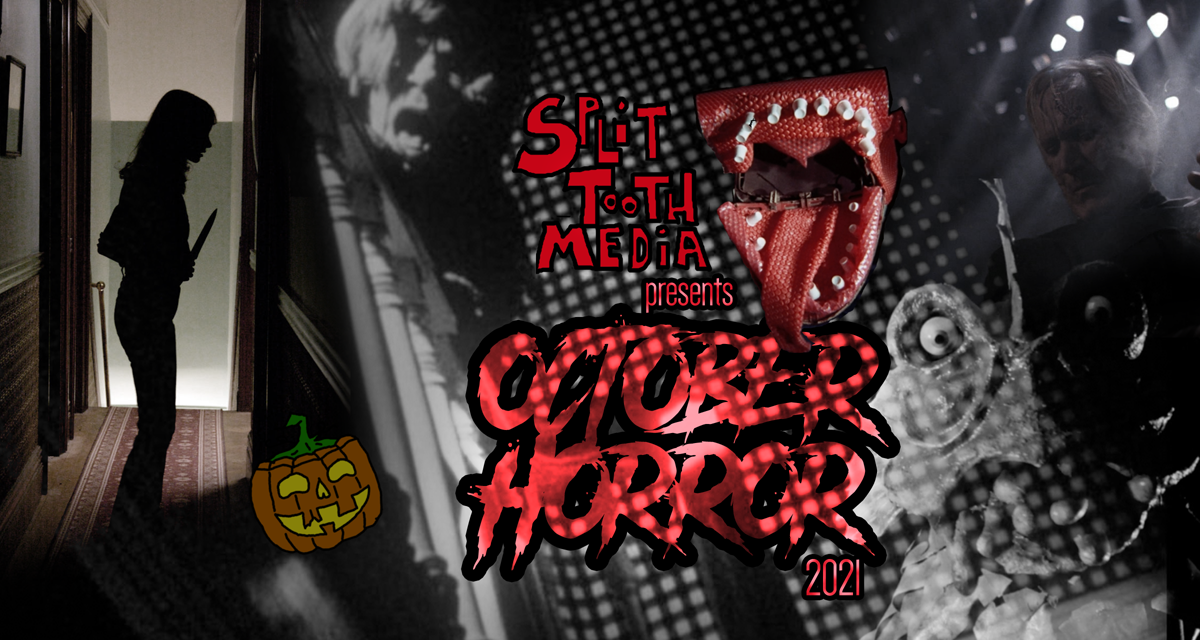
Rent Unfriended: Dark Web on Amazon prime
Stay up to date with all things Split Tooth Media and follow Bennett on Letterboxd
(Split Tooth may earn a commission from purchases made through affiliate links on our site.)
